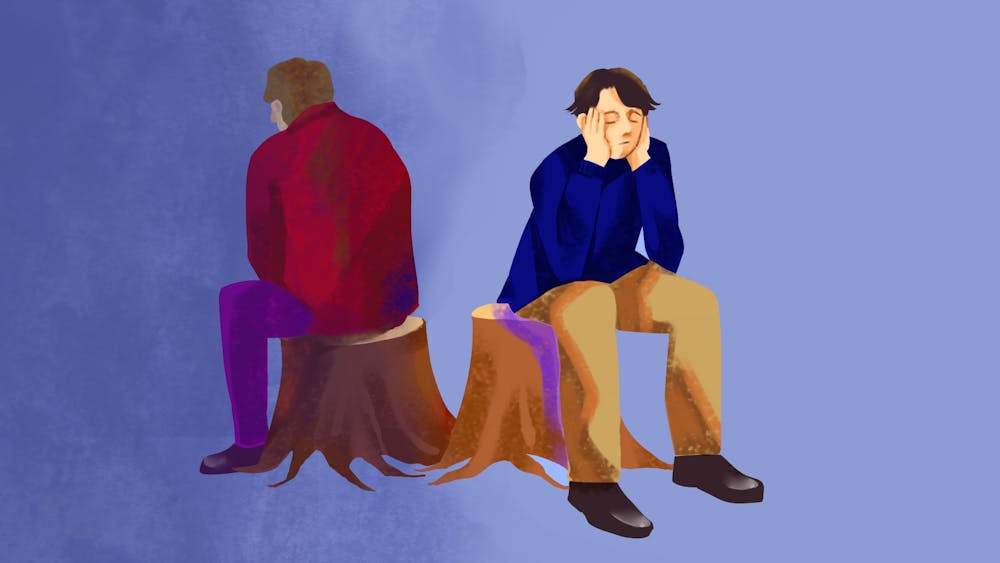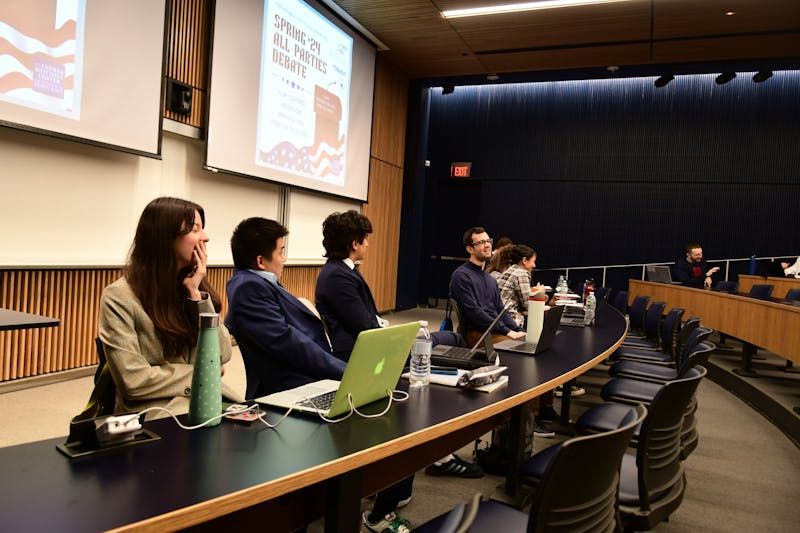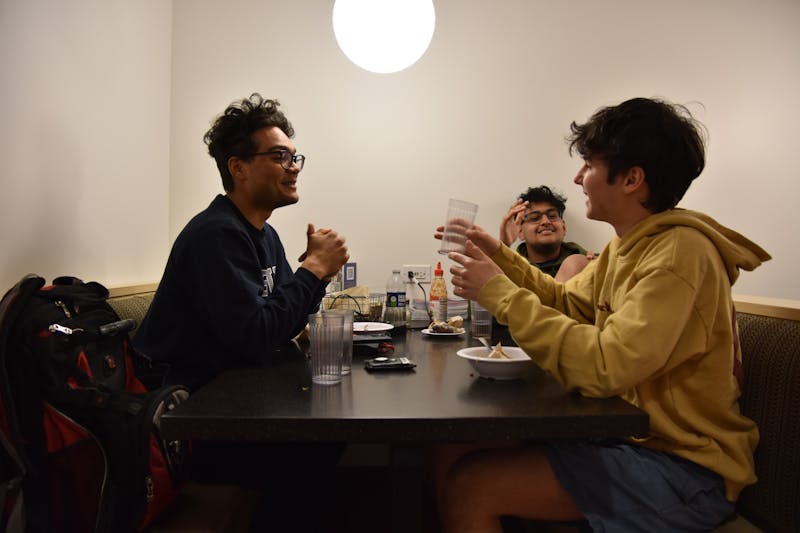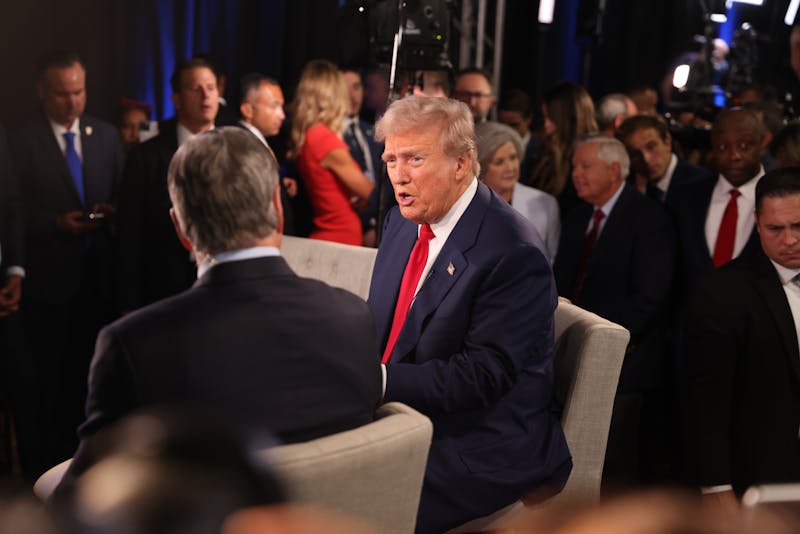
The classroom is quiet. Someone coughs amidst faces ranging from blank to half contemplating. The professor’s question runs through your mind again: What do you all think about the election? I didn’t feel like responding. The rest of the class remained silent as well.
At Penn, students often refrain from voicing their opinions, and this should come as no surprise as we ranked fifth worst nationally in free speech on campus. And it’s not like we don’t have any political opinions. We do, but it seems that those opinions are rarely debated, as most of us only express political opinions to people we know will nod their heads and agree while we trash the opposing sides' ideals behind their backs (or anonymously on Sidechat). I mean, seriously, since when did we decide this was okay?
We have fostered a culture of avoidance when it comes to debating in general. Studies show that almost 65% of college students have some fear of public speaking (including myself), and I doubt that this is a new phenomenon. Yet, even on the off-chance a student must voice some sort of opinion, say in the classroom, one formula rings true: say what the professor supposedly wants to hear. Since academia leans more liberal, most liberal students can express their political opinions whilst still keeping in line with what the professor supposedly wants to hear.
Yet, according to this axiom, conservative students will contradict themselves. This notion also imbues itself in Penn’s social culture where getting a more senior person in a club, team, fraternity, etc. to approve of you requires outwardly agreeing with their opinions. While grades and social status in an organization are important, is offering a political opinion that an authority figure may not personally agree with really going to change your grade in that class or status in that organization?
Our culture around political opinions is a dangerous cocktail of fear and opportunism. Political opinions are a tool to win favors, and we have convinced ourselves that any deviation from this notion will have disastrous consequences. We don’t debate. Instead we choose to recite arguments we know the people we are speaking to will agree with because that is the safer decision. Now, I’m not saying that you shouldn’t be conscious of who you are speaking to when expressing a political opinion, but that you shouldn’t reduce your opinion into something it isn’t out of fear and the chance of personal gain. Do you really believe your opinion to be that fickle?
Some students may fear for their job prospects in the case that they express their political opinions, and I will admit there is some truth to this statement. However, this seems to be true only in stark cases where someone's opinion actively degrades another human. As long as one respectfully states their opinion, I see no reason why an employer would remove them from consideration.
Socrates believed that only by expressing our opinions to opponents could we see the flaws in them, and then refine them. He advocated for a form of debate wherein two sides question each other’s beliefs in order to reach a more clarified idea. We must stop treating our political opinions as means to an end and do as Socrates says: strive for better ones.
If we fail to share our political opinions with one another, this mass information age’s ability to only show you opinions you agree with will lead to more political polarization. This is a buzzword, I know, but the facts remain the same. While disagreement is a necessary part of the democratic process, blind opposition leads to an inability to compromise. And without compromise, progress is impossible without the obliteration of one side or the other. (Not very democratic if you ask me).
For conservative students on campus, this means speaking your opinions in class and out on the street to liberal students instead of in closed off corners surrounded by like-minded peers. For liberal students, this means encouraging more conservative students to speak and actively seeking out their opinions instead of dismissing them. As a student body, we must realize that we cannot continue to box ourselves into narrow political viewpoints because we want to take the path of least resistance.
ROSHAN GOPAL is a first year studying mathematics from New York, N.Y. His email is rgopal@sas.upenn.edu.
The Daily Pennsylvanian is an independent, student-run newspaper. Please consider making a donation to support the coverage that shapes the University. Your generosity ensures a future of strong journalism at Penn.
Donate












